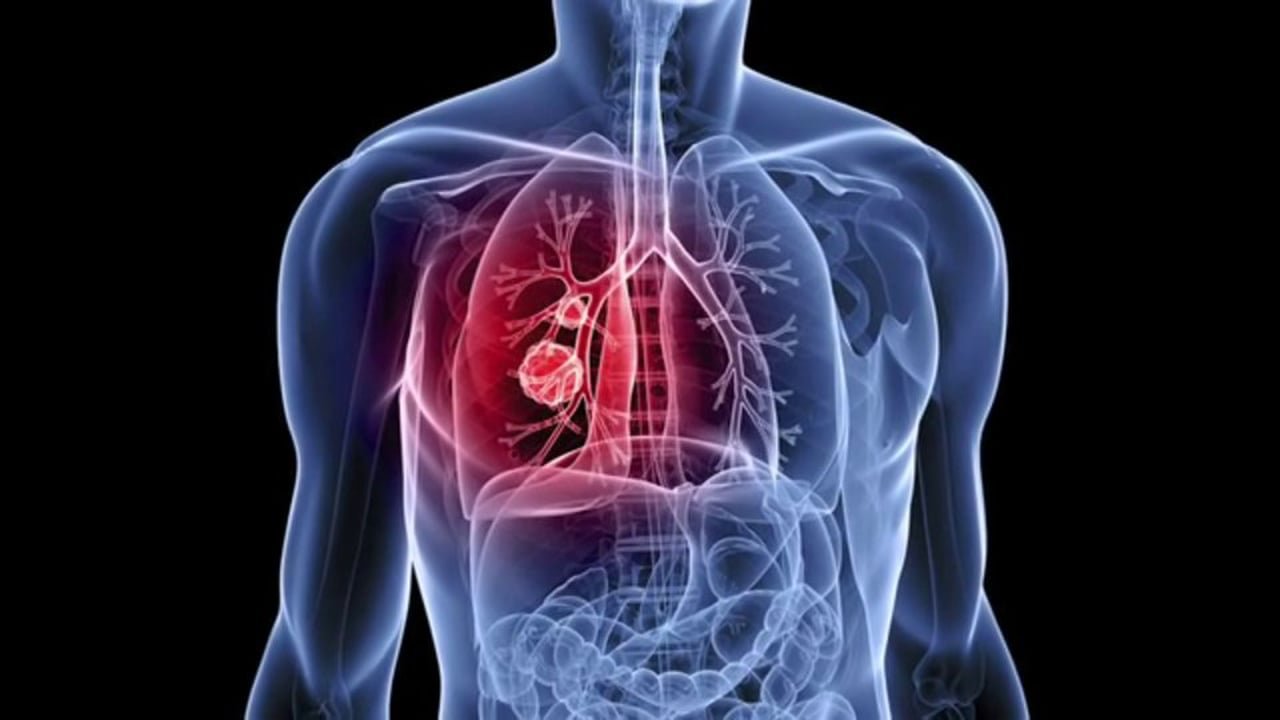
Singapore - ATCC, an established and trusted source of biological materials in the R&D community, announced the release of an innovative, in vitromodel system for a key mechanism of invasion and metastasis in lung cancer. This model is part of a larger effort by ATCC researchers to develop a portfolio of clinically relevant models and biomaterials for therapeutic discovery and development. This is the first launch in a series of novel in vitro systems that employ state-of-the-art gene editing techniques to address specific disease and resistance mechanisms in cancer.
Many forms of cancer metastasis are governed by a cellular process called epithelial-mesenchymal transition (EMT), during which cancer cells acquire the ability to transform and spread beyond their initial location. In addition, recent studies have shown that EMT contributes to drug resistance, cementing its importance as a target for therapeutic discovery.
The lack of physiologically relevant in vitro models for use in drug discovery and development has hampered efforts to combat EMT-related metastasis. ATCC scientists are addressing this critical issue by developing a range of gene-edited EMT reporter cell lines for use in research and screening applications. The first of these improved in vitro models is a lung cancer EMT model built on the ATCC A549 cell line, one of the most widely recognized lung cancer models in the world. This model (ATCC CCL-185EMT) is a fluorescent reporter cell line that is the first of its kind and allows researchers to track the cellular mechanisms relevant to cancer metastasis as well as to evaluate the effects of potential anti-cancer drugs using real-time, high-throughput methods.
"As the leading provider of authenticated in vitro models, ATCC is committed to continued investment in research and development so that we can develop and deliver the next generation of improved models to the research community; this is our mission" explains Mindy Goldsborough, Ph.D., Chief Science and Technology Officer, ATCC. "With ATCC's portfolio of world-recognized cell lines as starting materials, no one is better poised to provide improved cell-based models to meet the unmet needs of scientists working in both basic research and drug development."




